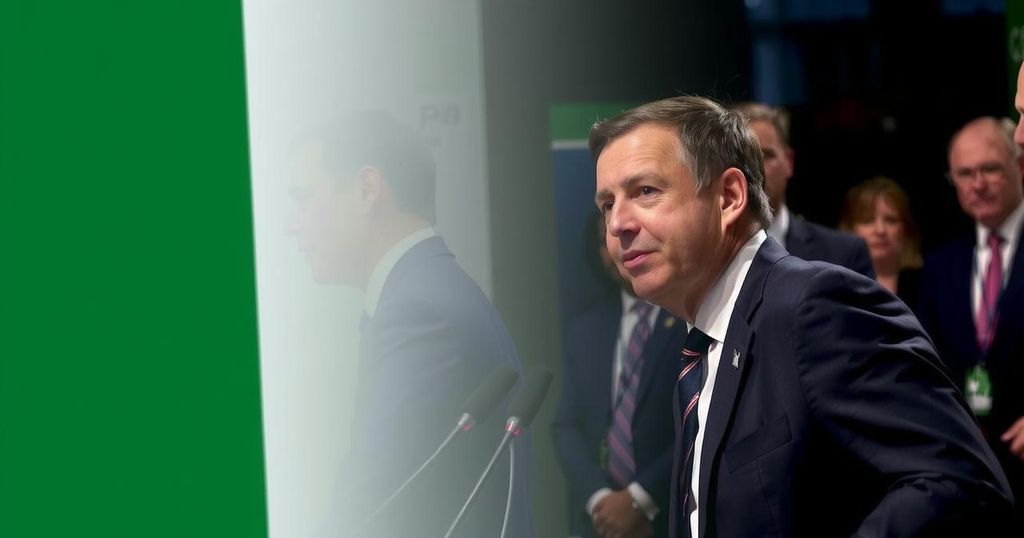World news
” HUTCH, BALLYFERMOT, CLONBURRIS, DUBLIN, DUBLIN CITY, DUBLIN CITY CENTRE, ELECTION, EUROPE, FIA, FIANNA FAIL, GERRY “ THE, GERRY “ THE MONK ” HUTCH, GOVERNMENT, IRELAND, LIBERTY RECYCLING, LIFESTYLE, LOCAL NEWS, MARY LOU MCDONALD, MIC, MICHEAL MARTIN, NEWS, OF IRELAND, PARLIAMENTARY SEATS, PETER MORRISON, SETON ’ S, SINN FEIN, SOUTH DUBLIN, ST, ST SETON ’ S, ST SETON ’ S SECONDARY SCHOOL, TAN
Stella Nguyen
0 Comments
Housing and Immigration Concerns Shape Ireland’s Election Campaign
As Ireland approaches its November 29, 2024, election, key issues such as housing and immigration dominate the campaign. Voter discontent is on the rise, fueling support for independent candidates, notably Gerry Hutch. The election may result in a fragmented parliament, potentially leading to another coalition government, despite Sinn Fein’s previous surge in popularity. Critically, the country faces a housing crisis and increased immigration, complicating the political landscape as voters seek change.
As Ireland’s general election approaches on November 29, 2024, major issues such as housing and immigration have become pivotal topics influencing voter sentiment. The election landscape is marked by discontent with established political parties, raising the profiles of independent candidates like Gerry Hutch, who garners attention despite a controversial background. Polling suggests a fragmented support base across five main groups, including Sinn Fein, which seeks to capitalize on the desire for change amidst a growing housing crisis. With rising property prices and a substantial need for new housing, many citizens find themselves struggling to afford homes, whilst immigration, spurred by recent global events, has also provoked debate regarding national resources and integration policies. Although main parties attempt to mitigate voter frustrations through new proposals and coalition strategies, the potential for a transformative outcome looms as citizen disillusionment propels political momentum. The election result is anticipated to guide Ireland’s critical challenges in a rapidly evolving socio-political climate.
The Irish political landscape is undergoing significant transformation as the upcoming general election approaches. Critical issues such as rising housing costs, a significant housing deficit, and immigration are influencing the dynamics of party politics. This backdrop is coupled with a growing disillusionment among voters, who traditionally supported established parties like Fine Gael and Fianna Fail, now turning towards independents and smaller parties amid calls for change. The impact of recent international crises, immigration patterns, and economic instability further complicate the electoral scenario, making it a volatile and uncertain environment for the political establishment.
In conclusion, Ireland’s upcoming election is characterized by a complex interplay of housing and immigration concerns, reflecting deep voter dissatisfaction with the traditional political elite. The rise of independent candidates and a fragmentation of support across multiple parties signal a potential shift in governance styles and policies. As the situation unfolds, the election results may reshape Ireland’s approach to its most pressing social and economic challenges, pushing for a re-examination of party policies and coalition dynamics moving forward.
Original Source: apnews.com




Post Comment